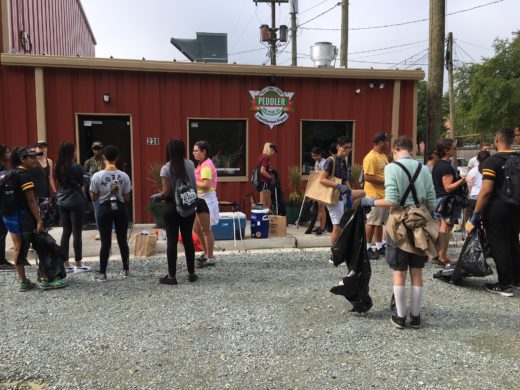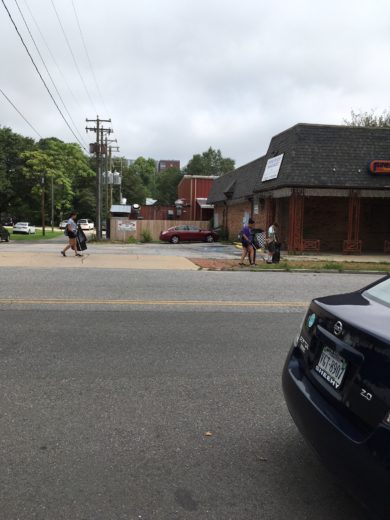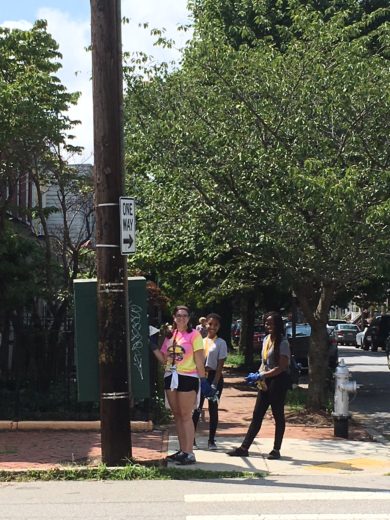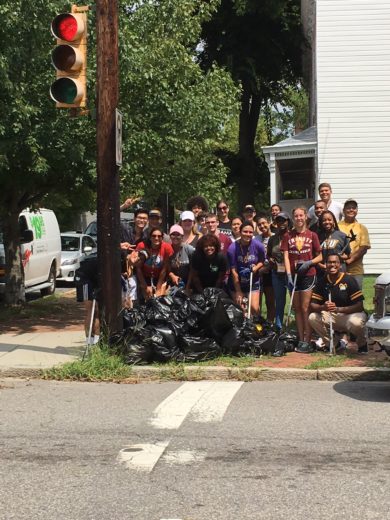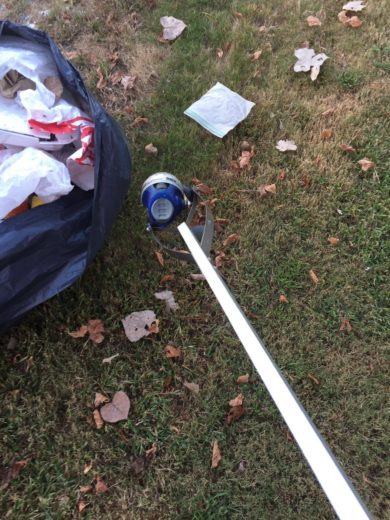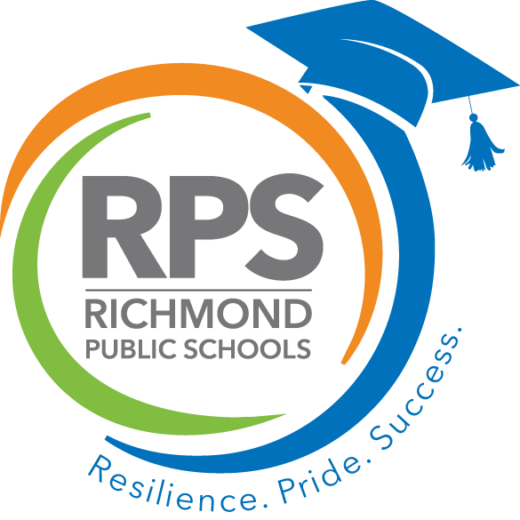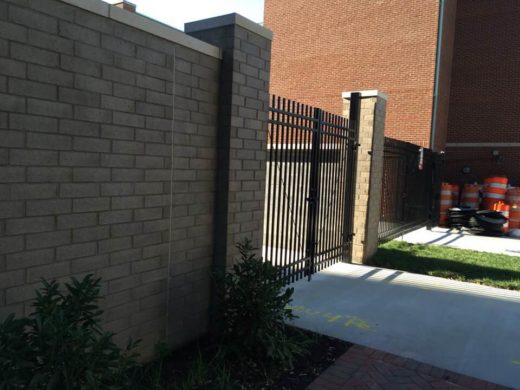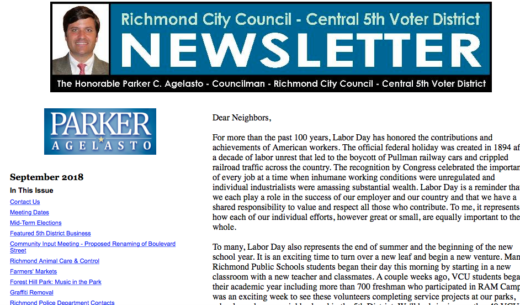
Councilperson Parker Agelasto’s office has distributed a new 5th District newsletter. You may see a copy by clicking here. As usual, it is chock full of information.
Some things to highlight are the master plan sessions for both VCU and the City. Given past issues, it is totally understandable that Oregon Hill residents throw their hands up whenever ‘master plan’ is mentioned anywhere. The more recent controversies with Monroe Park and W. Cary underscore that. The not-so-funny joke is that the City’s ‘Richmond 300 Master Plan‘ is more about helping developers get the City to 300,000 in population than anything else, citizens be damned. VCU, in particular needs to acknowledge and understand what the neighborhood has repeatedly stated about building a better relationship.
From the Councilperson’s newsletter:
Attend an upcoming open house to preview a draft of the ONE VCU Master Plan.
Monday, September 17 from 11 a.m. – 1 p.m., Kontos Medical Science Building, Rooms 104 and 105
Monday, September 17 from 5 – 7 p.m., University Student Commons, 1st floor Floyd Avenue Lobby (Parking in the West Main Street deck can be validated)
Tuesday, September 18 from 11 a.m. – 1 p.m., University Student Commons, Richmond Salons III and IV
From the City of Richmond press release:
RICHMOND, VA – Beginning September 20, Richmonders will have an opportunity to share their vision for Richmond’s future at upcoming open houses held throughout the city.
“The Richmond 300 Master Plan impacts housing, zoning, transportation and recreational assets,” said Mayor Levar M. Stoney. “Providing a vision for the Master Plan update is an important first step. These open house events will help ensure every Richmonder has a say in how the city grows, and I encourage everyone to make an effort to attend.”
Richmond 300 Open House details are as follows:
East End: Thurs. Sept. 20, 6 – 8:30 p.m., MLK Middle School, 1000 Mosby St.
Downtown: Fri. Sept. 21, 11 a.m. – 1:30 p.m., City Hall Lobby, 900 E. Broad St.
South Side: Sat. Sept. 22, 9:30 a.m. – noon, South Side Community Service Center, 4100 Hull St. Rd.
Bellemeade: Tues. Sept. 25, 6 – 8:30 p.m., Bellemeade Community Center, 1800 Lynhaven Ave.
North Side: Wed. Sept. 26, 6 – 8:30 p.m., Hotchkiss Community Center, 701 E. Brookland Park Blvd.
Huguenot: Thurs. Sept. 27, 6 – 8:30 p.m., Huguenot High School, 7945 Forest Hill Ave.
West End: Sat. Sept 29, 9:30 a.m. – noon, Thomas Jefferson High, 4100 W. Grace St.
Citizens are able to attend any location. Additionally, Richmonders can provide input online beginning September 17 by visiting the Richmond 300 website. Children are welcome to attend the open houses. Spanish-language translators will be available. If participants have a disability and require accommodation in order to fully participate in the open house, email richmond300@richmondgov.com by September 14 to arrange accommodations. American Sign Language (ASL) interpreters can be provided upon request.
To prepare for the Richmond 300 Open Houses, please read the Insights Report. Also, explore the newly-developed interactive maps which provide context and data on Richmond’s current conditions.
For more information about the Master Plan update, please visit Richmond300.com.




